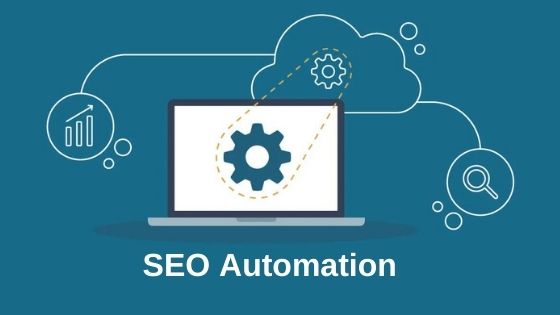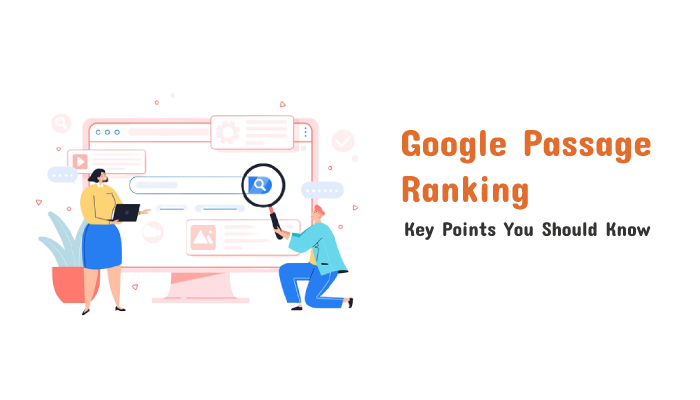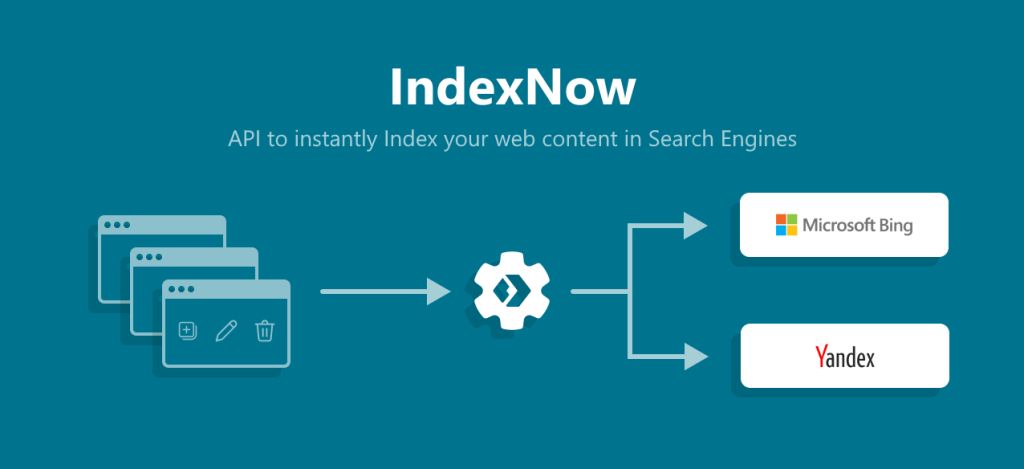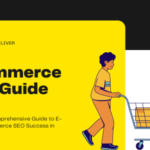- January 5, 2022
- by Diet SEO India
- SEO
- 0 Comments
The year 2021 saw lots of updates coming from Google. There were some greatly hyped roll-outs with some hits and misses. If you’re wondering which SEO trends are going to be sure-shot hits in 2022, this article is for you.
1. User Intent
As Google has made significant advances in its Natural Language Processing skills, user-intent is going to matter more than ever before in 2022. It is a well-known fact that Google expects to produce its results to match user intent as much as possible. It is for these reasons that experts have always said, “optimise your website not for search engines, but for the users.”
The intention of the user depends from query to query. Depending on the intent, marketers need to decide whether to promote a product page or category page or blog for the same keyword. Once this is decided, the remaining types of relevant pages could be used as support content to give an added boost. Keywords could be segregated into informative and action-driving – use the informative ones for search snippets so that all the zero-click queries still result in some form of branding. For the others, target your appropriate way the standard way and try to improve CTR as much as possible.
If you haven’t already heard about Google’s algorithms like E-A-T and MUM, it would be wise to do so now. While E-A-T rates webpages based on expertise, authoritativeness and trustworthiness, the more recent MUM (short for Multitask United Model) is capable of analysing immensely large volumes of text, images and videos across as many as 75 different languages to give users the most relevant answers to complex search queries in their own language. MUM is expected to be rolled out in 2022, so you know that the consideration of user intent is imperative.
2. Automation

In the last few years, the world has seen a surge in data analysis tools and techniques. SEO professionals have started learning programming languages to perform in-depth SEO analysis at technical as well as non-technical levels at greater speed and specificity. Automation of such tasks using a platform like Python has multiple benefits:
1. The speed of operation is greatly reduced, so the professionals could use that time to work on other tasks, thereby improving productivity multi-fold.
2. The need to rely on paid SEO tools and platforms, which often tend to be costly, is considerably reduced.
3. AI Content generation for the page, as well as generation of meta titles and descriptions, becomes a piece of cake. While AI-generated content doesn’t necessarily look great in the eyes of users or search engines, the quickly generated content, with a little editing by content experts, would become a top-quality piece.
4. Analysing past performances, drilling down to the maximal possible extent, is now possible. The analysis of past data could also be used to forecast future data in a highly accurate manner, which is something that most SEO agencies so badly require.
It is to be noted that all of these benefits would be applicable only to those SEO professionals who have taken the leap towards learning automation tools and techniques. The majority is still lagging behind, but in 2022, the difference between those who took the extra step and those who didn’t would become clear.
3. Passage Indexing from Long-Form Content

Passage Indexing is already 2 years old, but last year, we saw a huge rise in the number of results wherein passages from the middle of web pages were ranking in Google SERPs. Webpages with long-form content are already known to perform better due to better keyword targeting, as well as factors like the show of topical authority and capability to naturally acquire more quality backlinks. With the Passage Indexing update, it became clear that what we want to rank on Google need not necessarily be at the top of the page, but could be from anywhere within too.
The trick is to make the page as relevant to the users as possible, as detailed as possible, and organised and structured as possible, and also as good at UI/UX as possible.
4. Mobile Optimisation
This is yet another factor that was already important in the previous years. However, the rate of growth of importance of mobile-optimised sites, coupled with the drastic increase in the number of mobile users and searches, presents a very great opportunity for enterprises in 2022.
Mobile UX, mobile responsiveness as well as mobile-first indexing are being considered by every successful SEO expert, and so should you.
5. IndexNow
As and when a piece of content is created, edited or deleted, the IndexNow protocol helps the search engine to very quickly index the changes. This makes it very easy for large volumes of content to get quick visibility, as opposed to waiting forever for the crawl to happen or manually submitting pages. Currently, IndexNow is functional on Bing and Yandex browsers. In November 2021, Google announced that it would try to leverage the IndexNow protocol. The resultant improvement is expected to be rolled out in 2022.

6. Core Web Vitals
Core Web Vitals were confirmed to be ranking factors in 2021. Since then, there has been a lot of hype around metrics like LCP and CLS. However, what marketers need to know is that while having the best Core Web Vital scores is not necessary to reach the top of the SERPs, it is absolutely necessary to ensure that there are no “Poor URLs” that fail the minimum requirements for Core Web Vitals, especially w.r.t Mobile scores. The aim need not be to be the fastest but should in fact be to provide the best possible user experience.
7. Branding & Localization
Branding efforts would directly correlate with E-A-T. Further, it has already been established that region-specific keywords see region-specific content ranking above globally relevant content. Here comes the best part – if you are to do branding along with localization, say, with your country-specific website or webpage, it would give you more than double the benefit. Branding in 2022 should be well-micromanaged so that the authority of the website stays irrespective of the region.
As a conclusion, here’s a quote from SEO Expert Khushal Bhadra:
“SEO in 2022 would be largely data-driven. Automation would improve, and we would get more focused on specific aspects like UX and Mobile Optimization. Focus on relevance would be more than ever, and people would realize the importance of quality authoritative content over a large number of landing pages created simply because there were a large number of keywords to target.”


